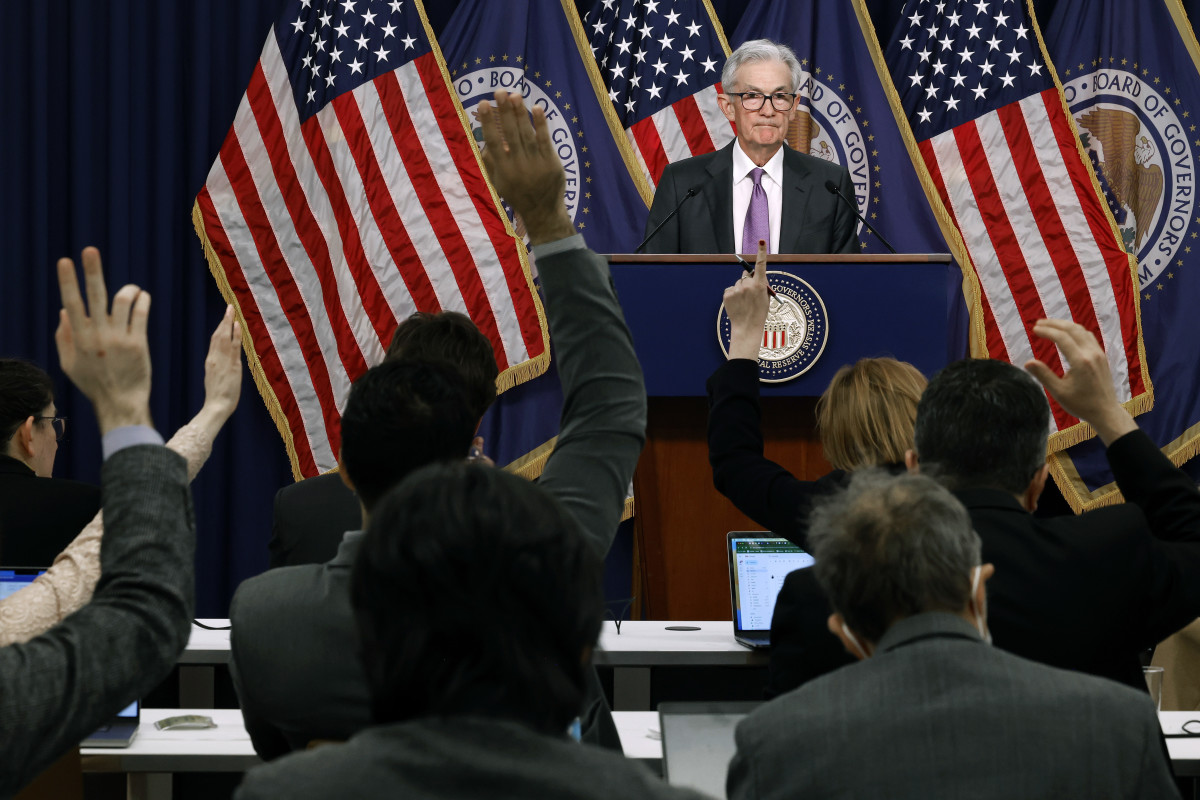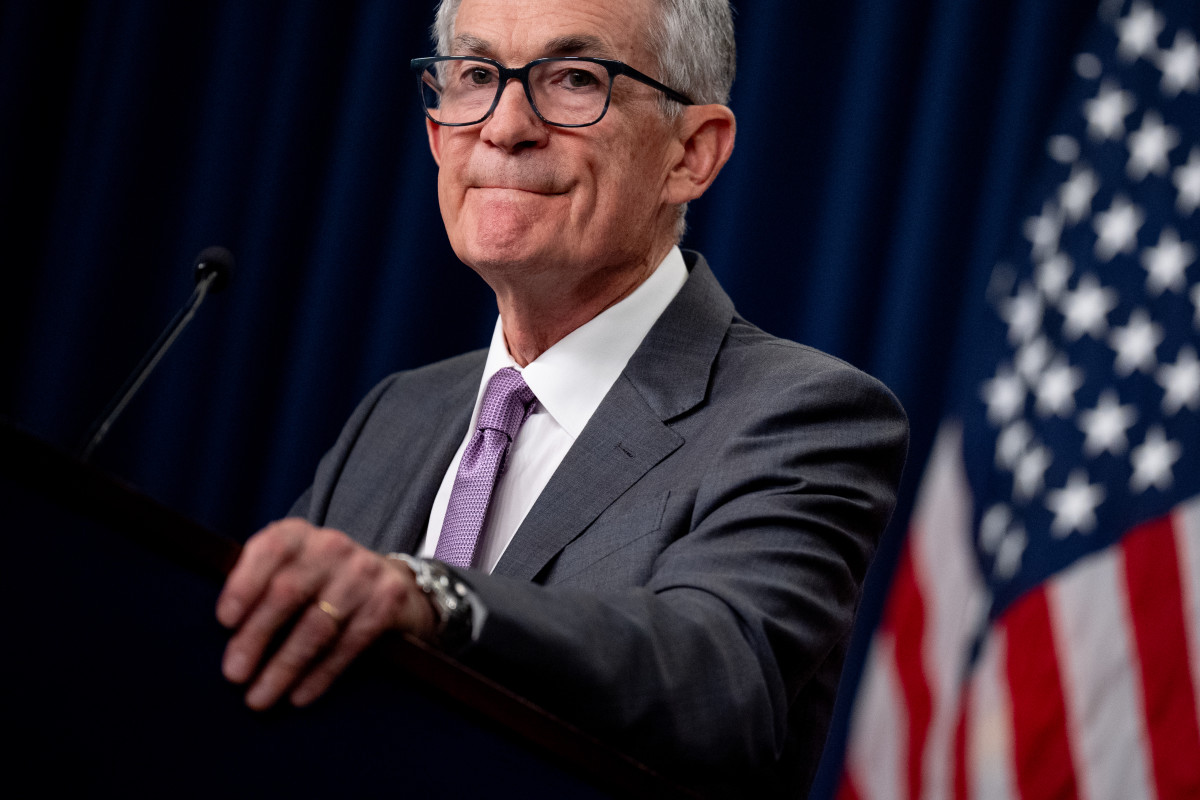
U.S. inflation ticked higher in November while core price pressures held at multiyear lows, potentially completing the picture for the Federal Reserve's end-of-year interest-rate decision next week.
The Commerce Department said its headline Consumer Price Index for November was pegged at an annual rate of 2.7%, accelerating from the 2.6% pace recorded in October and reaching the highest level since July.
On a monthly basis, price pressures edged 0.3% higher, modestly faster than last month's advance of 0.2%. The monthly figure rose despite a 2.63% decline in domestic gasoline prices.
Related: Analysts rework interest rate cut forecasts for 2025
Both headline tallies matched Wall Street's forecasts.
So-called core inflation, which strips out volatile components like food and energy, held at an annual rate of 3.3%, matching Wall Street's forecast and pegged at the lowest rate in more three years.
The monthly core reading of 0.3% was also in line Wall Street forecasts and matched the final October reading of 0.3%.

Analysts expect interest rate cuts in December, but 2025 unclear
"Today’s inflation report likely confirms a Fed policy cut next week but, with monthly core inflation hitting its strongest rate since the inflation scare of early 2024, price pressures are hardly settling at a level that the Fed can be completely at ease with," said Seema Shah, chief global strategist at Principal Asset Management.
Related: Jobs report stokes Fed interest rate cut bets
"But overall, the Fed will be concerned by the very stubborn nature of inflation and will be increasingly cautious about the upside inflation risks that President-Elect Trump’s policies may bring," she added. "We expect the Fed to move off autopilot in January, adopting a more cautious tone, and slowing its pace of cuts to just every other meeting."
Markets react to latest CPI inflation report
U.S. stocks added to gains following the data release, with futures contracts tied to the S&P 500 suggesting a 25-point opening-bell gain and those linked to the Dow Jones Industrial Average priced for a 76-point bump. The tech-focused Nasdaq, meanwhile, is called 125 points higher.
Benchmark 2-year Treasury note yields eased 4 basis points to 4.126% while 10-year notes slipped 2 basis points to 4.232%.
The U.S. dollar index, which tracks the greenback against a basket of six global currencies, was marked 0.01% lower at 106.385.
The CME Group's FedWatch, meanwhile, suggests a 97.9% chance that the Fed will lower its benchmark lending rate by a quarter of a percentage point next week in Washington, up from around 86% prior to the data release and 65.3% in early November.
More Economic Analysis:
- Trump Trade puts stocks at record. Where do we go from here?
- Fed inflation gauge higher in October amid consumer spending boost
- Goldman Sachs analyst sees starting point for year-end S&P 500 rally
Unemployment data remains key to future interest rate cuts
Last week, the Labor Department issued a stronger-than-expected November jobs report, which included 227,000 new hires and faster wage growth as activity rebounded from the strike- and hurricane-affected readings from October.
Average hourly earnings in November rose 0.4% from prior-month levels and were up 4% on an annual basis, the BLS said, with both tallies topping Wall Street forecasts.
The headline unemployment rate, however, edged higher to 4.2%, while the labor force participation rate slipped modestly to 62.5%.
“Inflation has been coming steadily back into focus in the US. This is due in part to the lack of progress that has been made over the last three months, but also because of concerns that higher US government spending plus the introduction of Trump’s tariffs could create a more inflationary backdrop," said Lindsay James of London-based Quilter Investors.
“However, the Fed has a dual mandate of maximum employment and stable prices," James added. "This higher unemployment rate seems likely to dominate the fear of higher inflation at the Fed’s monetary policy meeting next week, and recent comments from several voting members also seem suggestive of a cut."
Related: Veteran fund manager delivers alarming S&P 500 forecast







